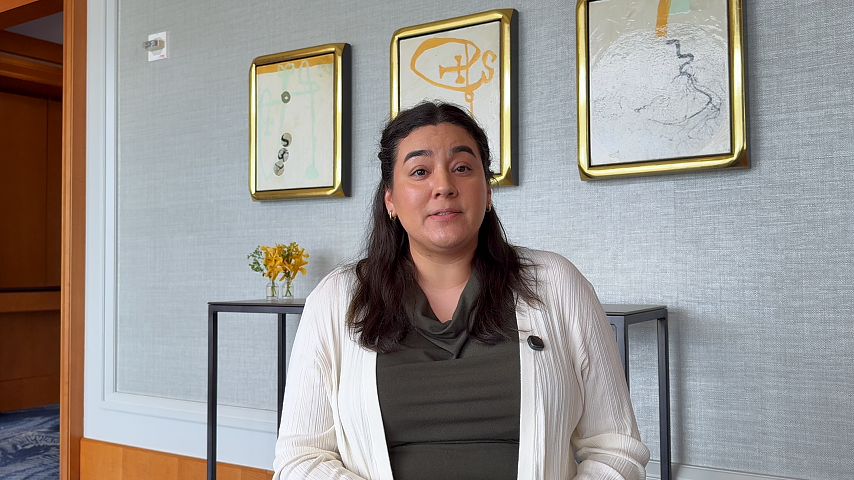Breaking Barriers in Neuroscience Translational Research
How SPARK NS educational initiatives are helping turn academic discoveries into therapies.
At SPARK NS, we often hear a familiar story: an academic researcher makes an exciting discovery in the lab, but struggles to take the next step. How do you move from a scientific breakthrough to a therapeutic that can actually help patients?
Part of the challenge is that academia is very different from industry. Researchers are rewarded for getting grants and publishing their findings, but few receive guidance on what comes after discovery. SPARK NS Education Manager Adriana Garcia, PhD, explained: “Translational research is rarely supported by robust training or infrastructure within academic institutions. As a result, skills such as positioning a project for translational funding or navigating the complex path to clinical trials are often left out.”
SPARK NS Short Courses Help Fill the Gaps
To help address these challenges, SPARK NS organizes short courses focused on translational research for academics interested in developing therapeutics for the two neurological conditions our program supports: Parkinson’s disease and autism.
The most recent took place in August 2025 in Mountain View, California, gathering nearly 60 autism researchers worldwide. The program was built around a simple but powerful idea: bring together different voices: scientists, clinicians, parents, and industry experts.
Said Dr. Garcia, “The goal was not just to present information, but also to create a space where researchers could step back from their day-to-day work and think about the bigger picture of bringing their discoveries closer to autistic patients.”

The two-day course unfolded like a journey:
- Day One (Morning): Seeing the Whole Picture
Opening sessions introduced the unmet medical need in autism from multiple angles. A parent spoke about the daily realities families face. A clinician highlighted the complexities of clinical trial design. An industry expert shared lessons from developing therapies in a challenging space. Together, these perspectives painted a picture of both the challenges and the opportunities.
- Day One (Afternoon): Working Through Barriers
Participants broke into groups to tackle the obstacles that hold back translational progress. They identified challenges, debated solutions, and presented their ideas—transforming barriers into points of collaboration.
- Day Two: Turning Discovery into Impact
The final day focused on strategies to move projects forward. Researchers discussed how to position their discoveries for translational funding, shifting away from purely academic framing toward proposals that resonate with funders and partners focused on patient outcomes.
Why It Matters
The short course was a call to action. For many participants, it was the first time they had stepped outside the academic lens and been asked to think about the bigger picture: patients, partners, and pathways to the clinic.
By creating space for learning and connection and combining diverse perspectives with practical strategies, SPARK NS is helping researchers worldwide bridge the divide between discovery and therapy. Dr. Garcia summed it up:
“Our hope coming out of this short course—and every course we run—is that more researchers feel motivated and equipped to start translating their discoveries from the bench to the clinic. We want to give them both inspiration and practical advice to pursue translational research funding that will move their projects forward and, ultimately, benefit patients.”

What’s Next
SPARK NS will continue to expand its educational offerings. In early 2026, we will sponsor two short courses focused on translational research for both Parkinson’s disease and autism: one in the United States and one in Europe.
Learn More
- Learn about the SPARK NS upcoming short course ”Positioning Neuroscience Discoveries for Successful Drug Development” in the US
- SPARK NS is bringing our free short course to Europe in March 2026!
- Meet Ariella and the SPARK NS team
- Learn more about the SPARK NS